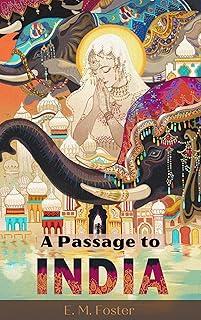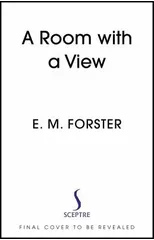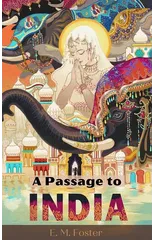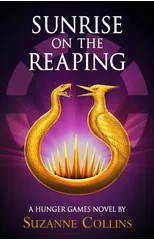A Passage to India : by E. M. Forster
The setting of A Passage to India is the British Raj, at a time of racial tension heightened by the burgeoning Indian independence movement. Adela Quested, a young British subject, is visiting India to decide whether to marry a suitor who works there as a city magistrate. During her visit, a local physician, Aziz, is accused of assaulting her. His trial brings tensions between the British rulers and their Indian subjects to a head. The novel is a complex exploration of colonialism, written at a time when the popular portrayal of the Indian continent was of mystery and savagery. Forster humanized the Indian people for his at-home British audience, highlighting the damage that colonialism caused not just to interpersonal relationships, but to society at large. On the other hand, some modern scholars view the failure of the human relationships in the book as suggesting a fundamental “otherness” between the two cultures: a gulf across which the disparate cultures can only see each other’s shadows. In any case, the novel generated—and continues to generate—an abundant amount of critical analysis. A Passage to India is the last novel Forster published in his lifetime, and it frequently appears in “best-of” lists of literature: The Modern Library selected it as one of its 100 great works of the 20th century, Time magazine included it in its “All Time 100 Novels” list, and it won the 1924 James Tait Black Memorial Prize for fiction.
E M Forster
E. M. Forster (1879-1970) was an English novelist known for his exploration of class differences and human relationships. His most notable works include "A Room with a View," "Howards End," and "A Passage to India." Forster's writing style is characterized by its clarity, wit, and insight into the complexities of human emotions. He is credited with portraying the inner lives of his characters with sensitivity and depth. Forster's contributions to literature include his exploration of themes such as imperialism, social injustice, and the struggle for personal freedom. His most famous work, "A Passage to India," is considered a masterpiece of modernist literature and continues to be studied and celebrated for its poignant portrayal of the clash between British colonizers and Indian natives. Forster's work has had a lasting impact on the literary genre of the novel, influencing generations of writers with his thoughtful exploration of the human experience.











